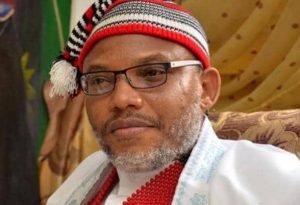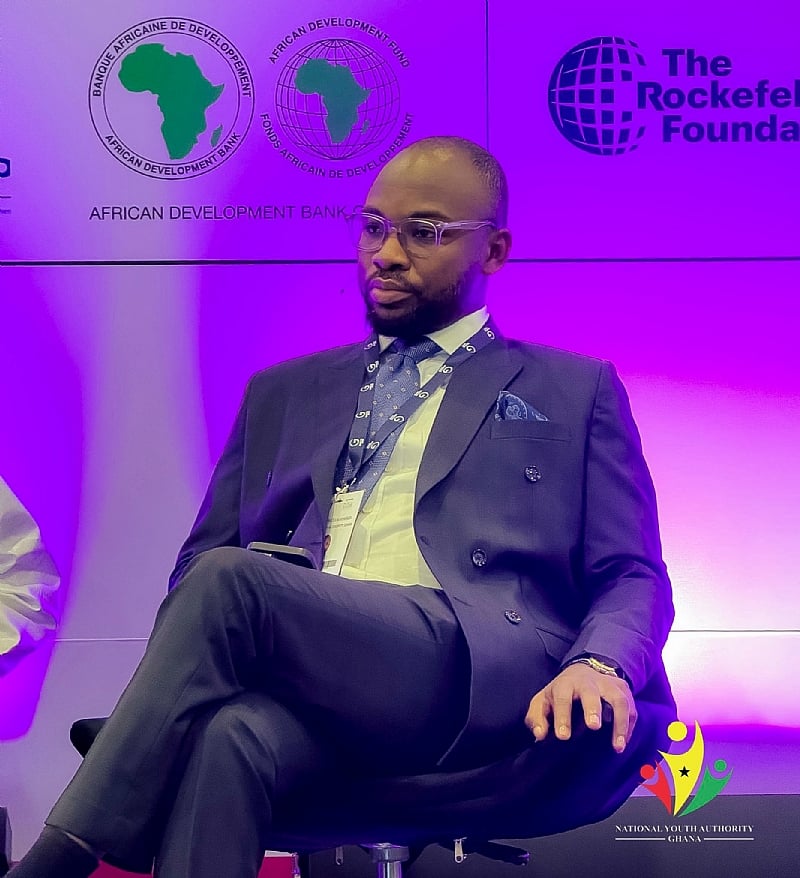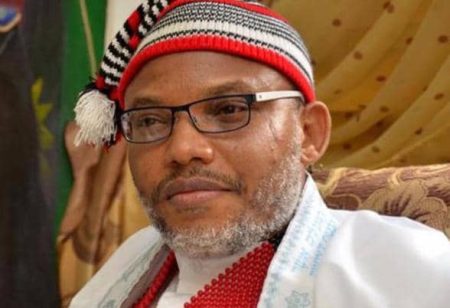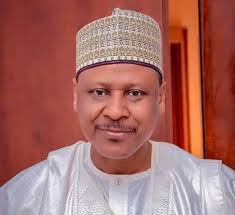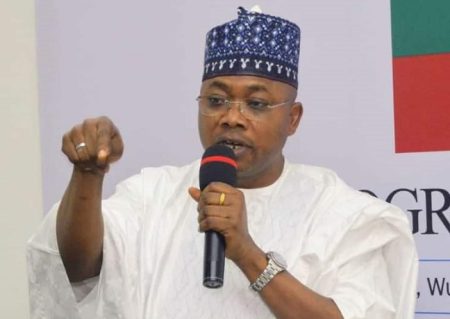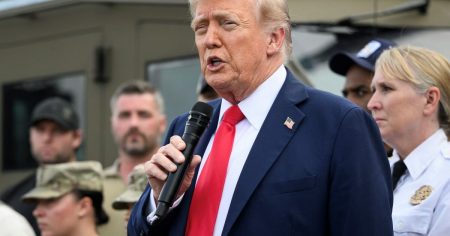Osman Abdullai Ayariga Esq., CEO of Ghana’s National Youth Authority (NYA), delivered a powerful keynote address at the 13th High-Level Dialogue on Democracy, Human Rights, and Governance, urging African youth to spearhead a movement for reparative justice and democratic renewal. Speaking on behalf of Ghana’s Minister for Youth Development and Empowerment, Ayariga emphasized the enduring impact of historical injustices, including slavery, colonialism, and systemic corruption, on contemporary African societies. He argued that these past transgressions continue to manifest in present-day institutions and policies, hindering progress and perpetuating inequality. Therefore, reparations are not simply a symbolic gesture but a moral imperative, a necessary step towards restoring dignity and creating a more equitable future for all Africans. He challenged the notion of viewing the past as merely a historical footnote, instead advocating for its recognition as a crucial foundation upon which to build a just and prosperous future.
Ayariga’s address centered on the pivotal role of African youth in shaping the continent’s trajectory. He highlighted their inherent strengths as digital natives, cultural innovators, and agents of change uniquely positioned to lead advocacy efforts, influence policy development, and forge transnational networks capable of driving meaningful progress. He underscored the importance of integrating reparative justice into the very fabric of democracy and governance, advocating for youth participation not merely as passive observers, but as active designers, legislators, and leaders. His call to action resonates with the growing recognition of youth as key stakeholders in building a more just and democratic future, empowered to dismantle outdated structures and create systems that truly reflect their aspirations.
The High-Level Dialogue, themed “Youth-Led Conversations on Reparations, Justice, and State Building in Africa,” provided a dynamic platform for the exchange of ideas and the development of collaborative strategies. Participants engaged in panel discussions, workshops, and policy design sessions, all aimed at equipping young Africans with the tools and knowledge to challenge structural injustice and rebuild their nations on a foundation of accountability. This focus on practical engagement reflects a growing movement to move beyond theoretical discussions and empower youth with concrete skills to effect tangible change.
Ayariga’s vision for youth involvement in transitional justice extended beyond mere participation. He called for intensified civic engagement, expanded roles in policymaking, and strengthened connections between African and diaspora youth, creating a unified front for change. This interconnectedness aims to harness the collective power of young people across geographical boundaries, recognizing the shared experiences and common goals that bind them together. This emphasis on collaboration and network-building underscores the potential for a truly transformative movement, driven by the collective strength and shared vision of African youth.
The response to Ayariga’s message was overwhelmingly positive, with participants describing his words as both clear and inspirational. His address served as a rallying cry, urging young people across Africa to seize the reins of their future with courage and conviction. The resonance of his message highlights a growing awareness among African youth of their potential to shape the continent’s destiny. It signifies a shift towards proactive engagement, with young people stepping forward to demand a more just and equitable future.
As the High-Level Dialogue continues, Ayariga’s words serve as a powerful reminder that the path to justice, equity, and sustainable governance must be charted by those who stand to gain or lose the most: the youth of Africa. This underscores the fundamental principle that lasting change must be driven by those most directly impacted. The focus on youth leadership emphasizes the understanding that the future of Africa rests in the hands of its young people, who are uniquely positioned to create a future that reflects their aspirations and addresses the historical injustices that continue to shape their present. This call for youth-led change signifies a paradigm shift, placing the power to shape the future squarely in the hands of those who will inherit it.


